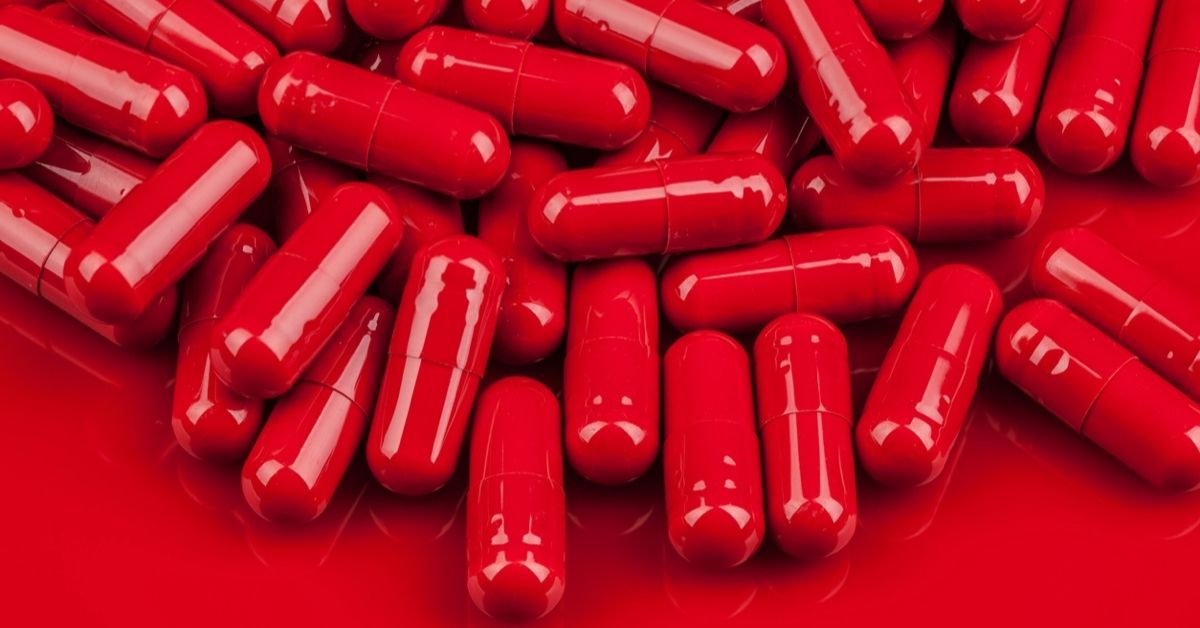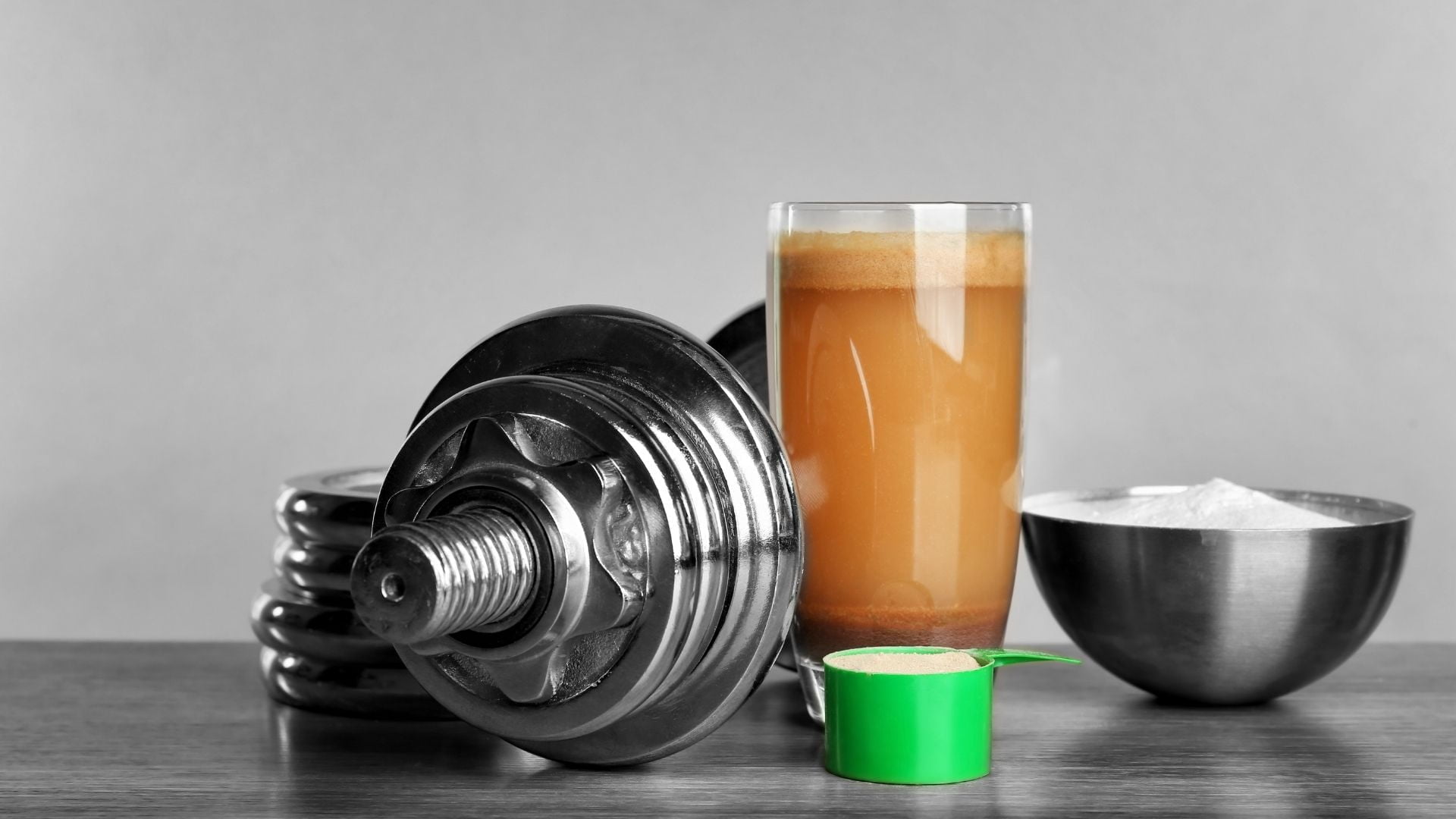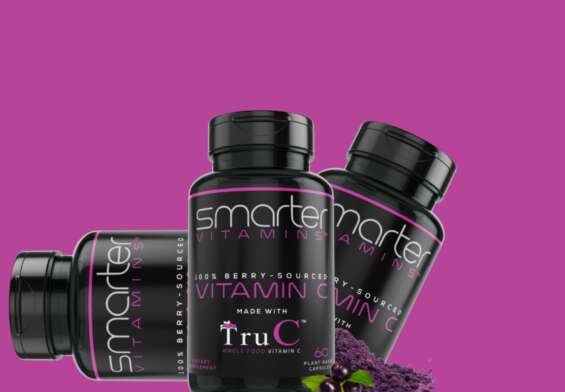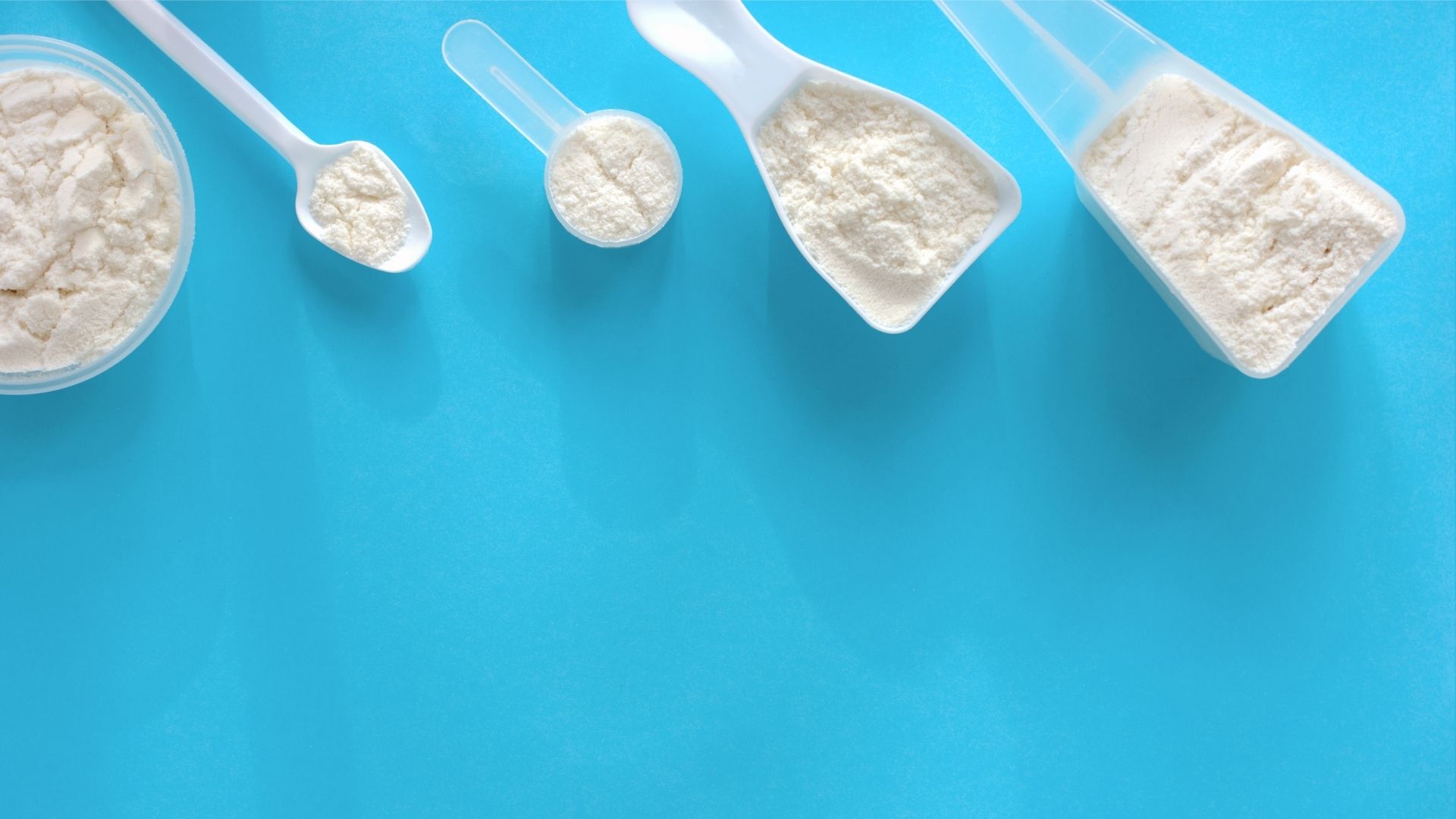
Creatine vs Pre Workout: What’s the Difference?
It’s no mystery that the majority of individuals who go to the gym are just looking for one thing: gains.
Gains are associated with results, and if you’re not working towards a specific objective, why bother working out at all?
That’s correct; you wouldn’t.
Just because you go to the gym a couple times a week doesn’t imply you’ll achieve the results you want.
Adjusting your nutrition and choosing the correct supplements to boost your performance are also important in achieving your goals.
However, supplements might be perplexing, especially if you’re new to them.
However, it’s not an either/or issue when it comes to creatine vs pre workout.
Creatine and pre-workout supplements may both be incredibly useful and effective for your performance; however, understanding what they do and the distinctions will help you select which one you require to improve your training.
What Is Creatine And What Does It Do?
Creatine is a combination of three amino acids: methionine, arginine, and glycine.
Creatine is generated naturally in your body by the liver and kidneys, but the bulk is kept in muscle tissue.
Creatine is the building block of adenosine triphosphate (ATP), your body’s natural energy supply.
When you take creatine supplements, your body produces more ATP, which is your body’s major fuel source.
Creatine has been found in studies to boost athletic performance, resulting in larger improvements in strength, speed, and muscular growth.
As a result, it has become one of the most popular sports supplements of all time.
Despite the fact that there are so many distinct varieties of creatine, studies have shown that there are no meaningful performance differences between them when it comes to feeding muscle development and performance, with the exception of the ph corrected form of creatine known as Kre-Alkalyn.
One of the issues with creatine monohydrate is that it needs a loading period.
According to research, in order for creatine to be effective, it must be loaded at least 10-15g every day for up to 10 days.
As you might guess, you’ll be using a lot of creatine before it even begins to function.
This is because of the low absorption rate. Kre-alkalyn is a ph-corrected creatine monohydrate that does not require a loading period.
Kre-Alkalyn has a neutral ph, which makes it more bioavailable and eliminates the unpleasant side effects that are commonly linked with creatine monohydrate, such as bloating, water retention, and cramping.
According to research, Kre-Alklayn is the only alternative to creatine monohydrate that outperforms it in bioavailability, endurance, and strength outcomes when compared to creatine monohydrate.
Creatine Monohydrate Vs Creatine HCL
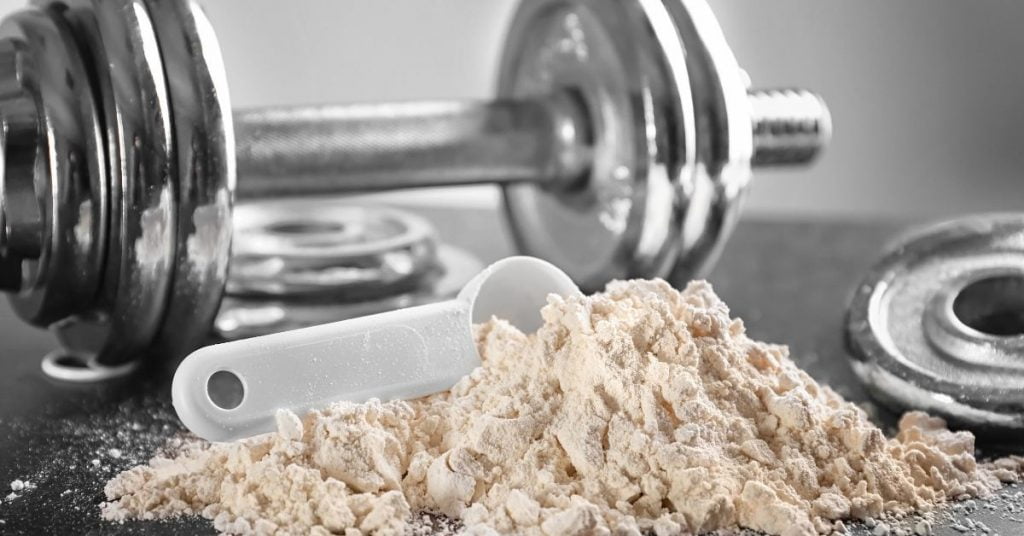
When looking at Creatine supplements (such as pre-workout supplements), you’ll most likely encounter two distinct types of Creatine stated on the label: Creatine Monohydrate and Creatine HCL (Hydrochloride).
These two Creatine types are equally effective and provide comparable advantages. However, there are certain distinctions to be made between them, including the following:
Creatine Monohydrate
The most frequent kind of Creatine used in supplements is Creatine Monohydrate. It is created by fusing a Creatine molecule with a water molecule.
Creatine HCL
Creatine HCL is created by mixing a Creatine molecule with a hydrochloride molecule. This combination may help the body absorb Creatine more easily. It can also aid in the reduction of water retention.
Because of the absence of water retention, some people prefer Creatine HCL (bloating is a common side effect when you first start taking Creatine supplements). However, in terms of efficacy, both Creatine HCL and Creatine Monohydrate appear to offer comparable outcomes.
Benefits Of Creatine
Increases muscular mass and strength
Enhances Speed and Sprint Performance
Enhances Brain Function
Improves Athletic Performance
What Exactly Is Pre-Workout And What Does It Do?
Pre-workout supplements are a concoction of several ingredients designed to boost energy, strength, and endurance.
Pre-workout supplements may be quite effective in terms of improving performance and providing the extra drive you need to bash out more reps.
However, a major issue with most pre-workout pills is that they do not contain high enough amounts to be genuinely effective.
Pre-workout supplements frequently contain what is known as a proprietary mix.
Proprietary blends merely mention the total quantity of all the components used in the blend; they do not specify how much of each ingredient is included in the product.
The vast majority of supplement businesses and manufacturers employ proprietary mixes for a variety of reasons.
To safeguard their product recipe, most firms claim that they utilize secret mixes to prevent competitor brands from discovering the particular amounts and ratios of each component, which is completely incorrect.
To deceive consumers and conceal the fact that their product includes just trace amounts of the active components mentioned on the nutrition label, and is instead made up largely of fillers, additives, or undesirable chemicals.
It generates buzz! Supplement firms can employ marketing methods to create more money and persuade you to buy more items by selling something different, such as ‘new and better formulations or components!’
Profit is maximized while production expenses are reduced.
Because the ‘Proprietary Blend’ does not specify the precise proportion, less than 1% of the supplement might be made up of valuable and typically more expensive substances, while the remainder are merely ‘fillers’ or ineffective ingredients.
Examine the supplement information before purchasing a pre-workout.
If you find a mixture of components mentioned under a blend but no particular amount for each ingredient, don’t buy it.
Blends allow supplement producers to underdose the known elements required to successfully boost training capacity.
Only buy supplements with total openness in labeling; otherwise, you’re probably getting ripped off.
So, what are the proper dosages of the components you require?
We’ve included a handful of the most common pre-workout substances below, along with the minimum effective amount required to get a performance boost.
Among the most popular pre-workout supplements include, but are not limited to:
Citrulline Malate: ≥ 5g
Beta-Alanine– ≥ 3.2g
Betaine Anhydrous ≥ 2.5 g
L-Theanine ≥ 200 mg
L-Carnitine – ≥ 1.5g
Agmatine ≥ 1g
Taurine ≥ 1.2g
Pomegranate ≥ 500 mg
Beet Root ≥ 500 mg
Actigin ≥ 50 mg
Preparing your own pre-workout supplement and combining it with stand-alone ingredients like Beta-Alanine, Citrulline Malate, and Kre-Alkalyn is an excellent method to boost strength and performance.
You won’t have to worry about proprietary mixes, fillers, or underdosed goods if you make your own pre-workout.
Benefits Of Pre Workout
Increases Energy
Improves Athletic Performance
May Enhance Mental Focus
Increases Strength
Increases Nitric Oxide = Better Pumps
What About Pre Workout That Contains Creatine?

Some pre-workouts include creatine; however, adding creatine monohydrate to a pre-workout mix is not a highly efficient technique to get performance advantages.
According to research, creatine monohydrate requires a loading period before it is fully effective.
Before your muscle tissue can be used as a sustainable fuel source, it must be saturated with creatine phosphate.
As a result, a dosage of 10-15g per day for 10 days is required before it can function.
At most, all pre-workout pills will include 3-5g of creatine monohydrate.
If you want to boost your strength, speed, and power, you should include Kre-Alkalyn to your pre-workout supplement routine rather than creatine monohydrate.
Unlike creatine monohydrate, Kre-Alklayn is absorbed instantaneously, therefore no loading phase is required.
Creatine monohydrate has poor absorption and transforms to a poisonous byproduct known as creatinine, which is why you need to take so much of it.
One 3g serving of Kre-Alkalyn is comparable to a 10g serving of creatine monohydrate.
Not to add, there are no linked negative side effects, such as bloating, cramps, or water retention, that some individuals experience with monohydrate.
Should You Add Creatine To Your Pre-Workout Supplement?
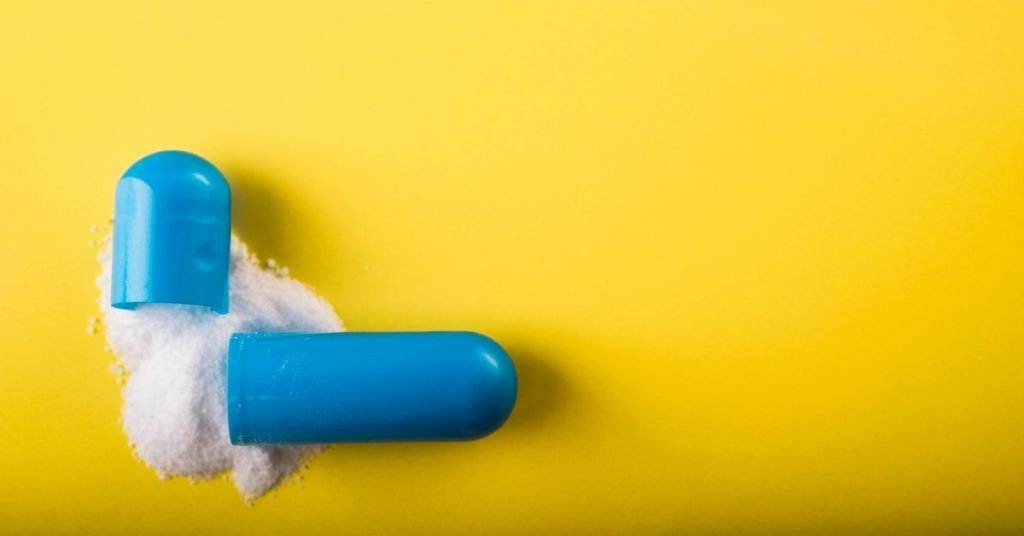
It makes no difference whether you add your own Creatine or use a pre-workout product that already contains it.
In any case, there are several reasons why you should include Creatine in your pre-workout supplement, including the following:
Increased Stamina
One of the most significant advantages of Creatine supplementation is that it can improve muscular endurance and stamina.
Many people find that taking Creatine on a regular basis allows them to improve their total work output in each training session.
They have greater energy, which helps them to accomplish more reps with bigger weights and with superior form.
Creatine can also improve endurance and allow people to push themselves further before becoming weary during high-intensity aerobic activities.
Improved Muscle Building
It is simpler to make progress and see effects from your training when your endurance improves and you have more energy available during your workouts.
Creatine may also help with muscle building in other ways.
Certain hormone levels, such as IGF-1 (Insulin-Like Growth Factor 1), for example, have been shown in certain studies to rise after taking Creatine.
IGF-1 is a growth hormone that is essential in the muscle-building process.
Creatine can also improve cellular hydration and the amount of water in muscle cells.
This promotes muscle development and regeneration even more.
Easier Habit Formation And Consistency
It is important to note that Creatine has a cumulative impact.
After only one use, you won’t notice any substantial improvements or modifications in your workout performance.
To raise your body’s phosphocreatine storage, you must take it on a regular basis.
Because the most essential thing appears to be taking Creatine on a constant basis (though most studies suggest that it’s better to take it close to your workout, either immediately before or after), you may be asking what the value of incorporating Creatine in pre-workout supplements is.
One of the primary reasons for doing so is to assist many sportsmen and gym-goers in becoming more consistent.
They may save time and avoid forgetting to take Creatine by combining two useful nutrients into one product.
If you’re too busy to mix up a variety of different supplements, or if you’re careless and can’t seem to remember to take Creatine, utilizing a pre-workout drink that already has it mixed in is a perfect alternative.
Creatine Vs Pre Workout Commonly Asked Questions
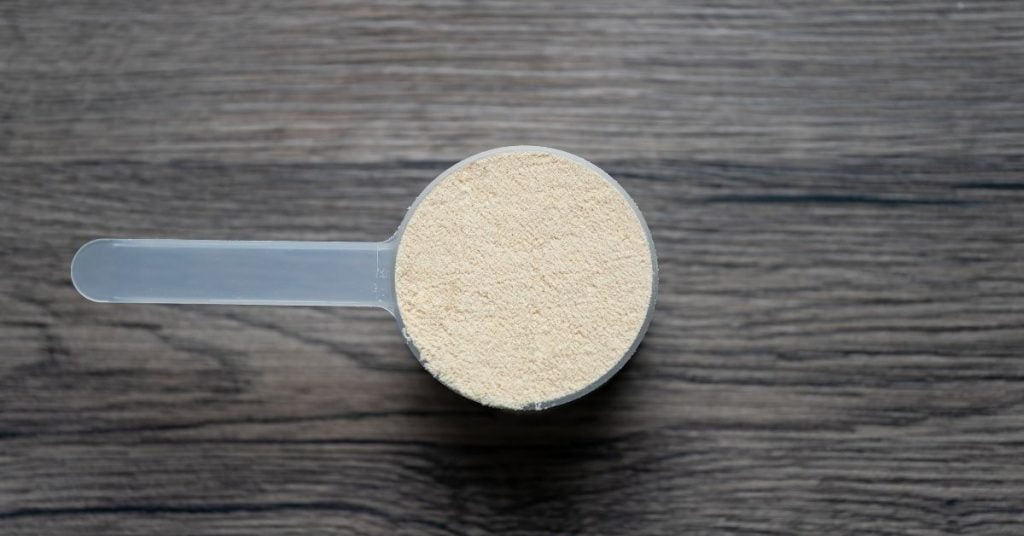
Can You Take Creatine And Pre Workout Together?
Without a doubt. In addition to the performance advantages of your pre workout components, adding creatine to your pre workout will directly boost ATP, allowing you to produce more muscle fuel.
According to research, combining Beta-Alanine with Creatine can improve high-intensity training performance, strength, and lean mass.
How Early Should You Take Your Pre-Workout?
Most people get the best results when they consume their pre-workout 15-30 minutes before they start training.
This is especially true if they are using a caffeine-containing pre-workout supplement.
Caffeine reaches its optimum potency after 30-60 minutes of ingestion.
By taking it 15-30 minutes before your activity, you can ensure that you benefit from it during the most strenuous phase of your workout.
Is it safe to use creatine and pre-workout every day?
Creatine is often taken on a daily basis, with amounts ranging from 3-5 grams depending on body weight.
Pre-workout pills, on the other hand, should be used exclusively on lifting days.
Furthermore, you do not need to take pre-workout supplements every time you lift.
You instead take it whenever you choose.
How much water should I drink before taking creatine and pre-workout?
Creatine and pre-workout supplements both consume a large amount of water for maximum absorption.
If you don’t take them with a lot of water, there’s nothing for the powder to dissolve in and travel from the gut to the body.
Furthermore, staying hydrated is essential if you want to get the advantages of any substance.
Dehydration is the most significant performance detriment.
Never be concerned about diluting your pre-workout. It’s not always a terrible thing.
Can I take pre-workout or creatine before going to bed?
Pre-workout supplements and creatine may interfere with your sleep routine.
In general, you should not consume a stimulant-containing pre exercise less than 5 hours before going to bed.
Caffeine and other stimulants have the potential to keep you alert.
Alternatively, creatine might cause your water levels to fluctuate, resulting in a few more trips to the toilet to urinate at night.
Both of these are manageable as you figure out what works best for you.
Is Creatine Better with Pre-Workout?
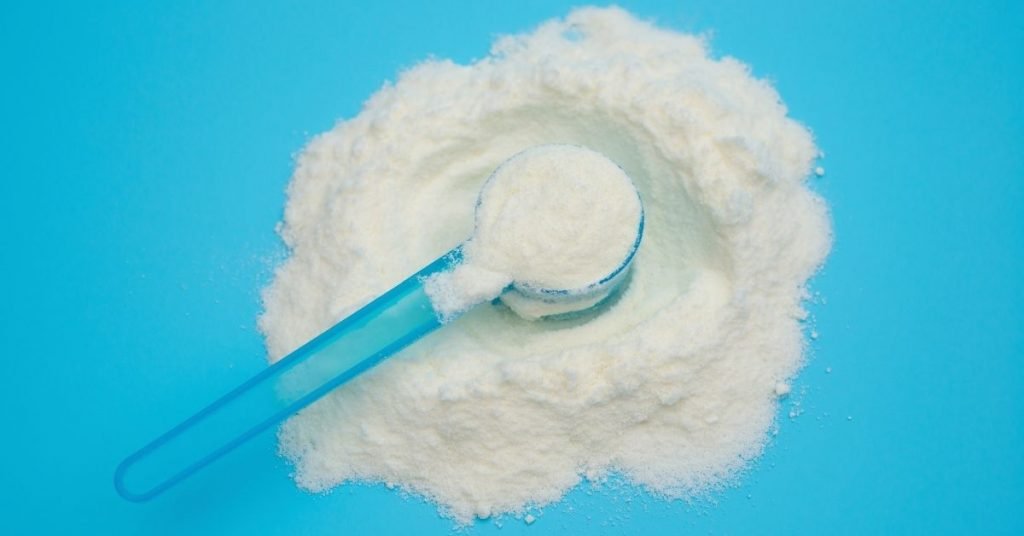
Creatine can be used as a pre-workout supplement on its own.
However, it must be loaded in order to effectively saturate your muscles’ creatine reserves before providing any ergogenic advantage.
Kre-Alkalyn can be taken before a workout and give instant performance advantages without the need for a loading period.
Is Taking Creatine With Pre Workout Bad?
Creatine-containing pre-workout pills aren’t inherently negative; they just won’t be as effective because the amount isn’t high enough.
Creatine monohydrate can also produce water retention and bloating as adverse effects.
If you want both creatine and pre-workout, buy them separately rather than in a pre-workout supplement.
Which is better, creatine or pre-workout?
Neither is superior to the other; they are two distinct things.
Creatine is one of the most thoroughly researched and clinically supported substances, with proven effects for increasing strength and muscular building.
A pre-workout supplement is a mixture of chemicals that improves performance by increasing energy, strength, and endurance.
We recommend consuming both if you want to maximize your performance gains.
Are pre-workout and creatine supplements appropriate for anyone under the age of 18?
No, we do not suggest or advise children to consume bodybuilding supplements.
It isn’t always safe, and it contradicts the overall ethics of developing mental and physical power.
You must begin with only you and the weights!
Creatine Vs Pre Workout: Conclusion
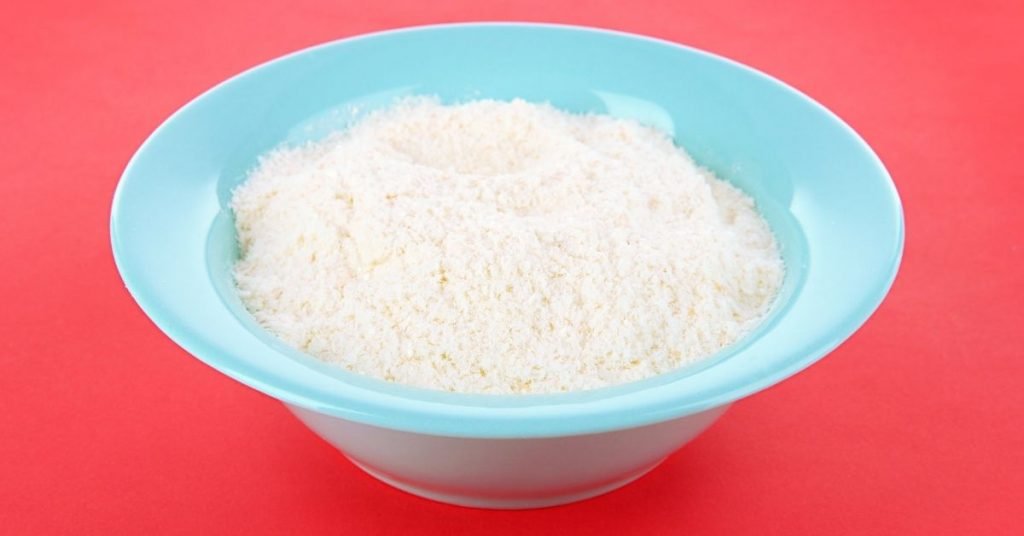
Nutrition, exercise, and supplements are the three main components of gains.
Creatine will help you gain strength and muscular mass, as well as increase your performance during high-intensity workouts.
Pre-workout supplements can be just as helpful in increasing energy and endurance, as long as they include the right amounts and components.
Supplementing with both can help you crush your goals if you want to enhance your training and activity performance.






